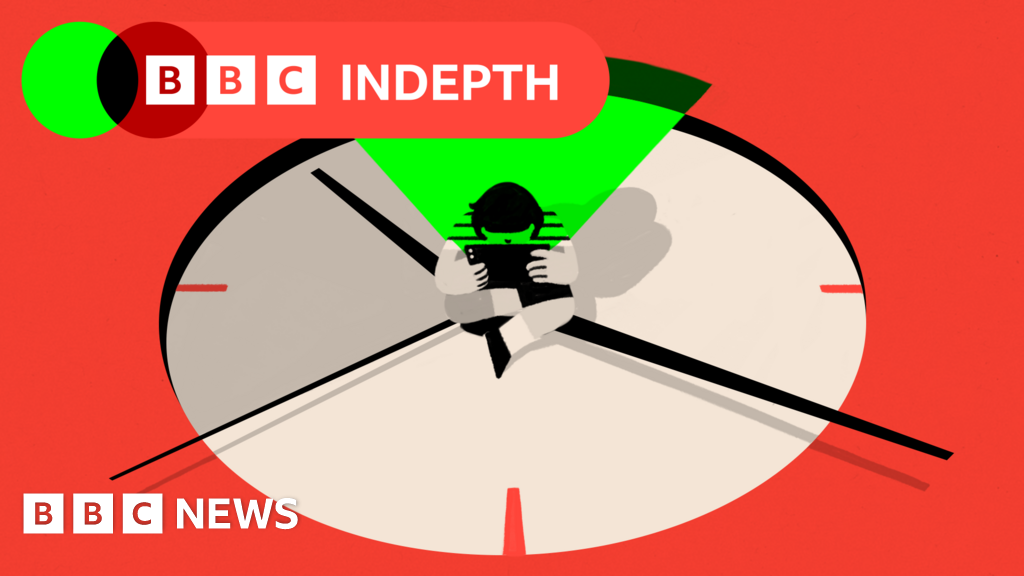The ongoing debate surrounding screen time and its impact on children’s developing brains is far more nuanced than popular discourse suggests, challenging widely held assumptions.
Prominent tech figures like Steve Jobs and Bill Gates famously limited their children’s access to digital devices, reflecting a pervasive societal anxiety that links screen exposure to issues like depression, behavioral problems, and sleep deprivation in young people.
However, this alarmist narrative is increasingly being scrutinized by scientific experts. Neuroscientists and researchers, after analyzing extensive data, argue that claims of widespread brain damage due to screens often lack robust scientific backing and can be misleading to parents.
Groundbreaking studies are revealing that correlations between screen time and mental health struggles, such as depression or anxiety, might be secondary to more profound issues like loneliness. Research indicates that social isolation, rather than device usage itself, often emerges as the primary driver of these psychological challenges.
A key contention among experts is the overly broad definition of “screen time” itself. Critics argue that the term is too nebulous, failing to differentiate between various forms of digital engagement—from educational content to passive viewing or interactive social media—each potentially having distinct effects.
Investigations involving thousands of brain scans in children have shown that while screen use patterns might correlate with changes in brain region connectivity, these studies have not established a direct link between screen time and cognitive issues or poor mental well-being, even with extended daily use.
As technology continues its rapid evolution, with advancements like AI chatbots and augmented reality becoming increasingly integrated into daily life, the discussion shifts from simply limiting access to understanding how children can navigate and utilize these tools beneficially. The emphasis is less on blanket restrictions and more on fostering balanced digital habits.
The discourse surrounding screen time often induces significant parental guilt, overshadowing valuable research insights. While organizations like the World Health Organization provide general guidelines—advising no screen time for infants under one and limited exposure for toddlers—there’s a consensus within the scientific community that more definitive research is needed to make universally applicable recommendations. This scientific ambiguity underscores the complexity of this critical societal issue.






Leave a Reply